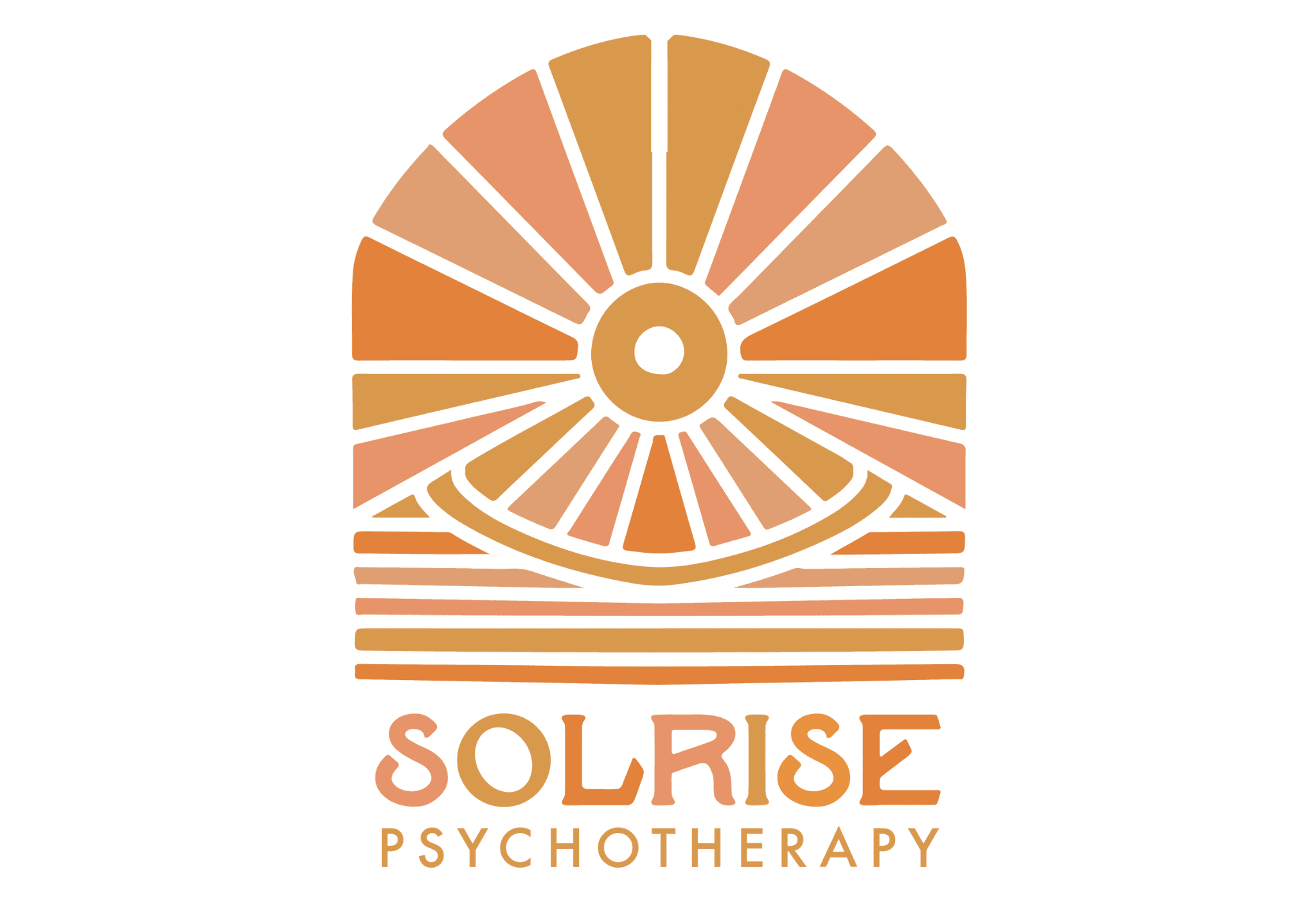We recently connected with Paula Passanisi and have shared our conversation below.
Hi PAULA, thanks for joining us today. What’s the best advice you ever gave to a client? How did they benefit / what was the result? (Please note this response is for education/entertainment purposes only and shouldn’t be construed as advice for the reader)
One piece of advice I’ve found particularly helpful for many clients is, ‘There’s always a way out.’ This simple phrase can be incredibly empowering for those feeling stuck or overwhelmed by anxiety.
I recall one client who was preparing for a community event they had been eagerly anticipating. This event represented a significant step towards a personal goal: connecting with others. However, as the event drew closer, their anxiety escalated. Doubts crept in: “What if it doesn’t work out?” “What if it’s not what I expect?” “What if I hate it?”
Feeling stuck in this cycle of fear, I gently reminded the client of their own agency. I suggested, “You could still go and then, if any of those anxieties arise, you can simply leave. There’s always a way out.”
This seemingly simple statement resonated deeply. The client, who had likely been subconsciously avoiding this thought, began to laugh. They realized they already possessed the power to choose, and that the anxiety was momentarily obscuring this truth.
While the anxiety resurfaced, the excitement of the opportunity began to outweigh it. Witnessing this shift from feeling stuck to finding movement and momentum was incredibly rewarding.

PAULA, before we move on to more of these sorts of questions, can you take some time to bring our readers up to speed on you and what you do?
I’m a psychotherapist with over eight years of experience in private practice in Austin, Texas. I recently launched Solrise Psychotherapy, an expansion of my solo practice, where I’m now offering Ketamine-Assisted Psychotherapy (KAP) in addition to Mindfulness-based psychotherapy.
At Solrise, I believe in a holistic approach to healing, combining evidence-based therapies with a deep understanding of mindfulness and the human experience. My own journey with mindfulness and training in psychedelic-assisted therapies inspired me to dedicate myself to guiding others on their path to self-discovery and healing.
A key differentiator of Solrise is that I offer KAP. This innovative treatment approach combines low-dose ketamine infusions with ongoing psychotherapy to address conditions like depression, anxiety, and PTSD. Unlike traditional antidepressants, ketamine can often provide faster relief from depressive symptoms. By inducing altered states of consciousness, KAP can help individuals process trauma and break free from negative thought patterns that contribute to their mental health challenges.
Recognizing that each individual’s journey is unique, our KAP program is tailored to your specific needs. Psychotherapy plays a crucial role in guiding the experience, supporting you throughout the process, and helping you integrate the insights gained during ketamine dosing sessions. If you’ve struggled with treatment-resistant depression, anxiety, or PTSD, KAP could offer a path to significant relief when other options haven’t worked.
I am passionate about helping individuals cultivate greater self-awareness, reduce suffering, and live more fulfilling lives. I am licensed to practice psychotherapy in both Texas and Massachusetts, and I offer both in-person sessions in Austin and virtual appointments for those who prefer flexibility.

Other than training/knowledge, what do you think is most helpful for succeeding in your field?
Beyond the foundational knowledge and training in psychotherapy, I believe the most crucial factor for success is cultivating deeply attuned and compassionate human connection.
A strong therapeutic alliance built on trust and genuine connection is the cornerstone of effective therapy. Clients need to feel safe, understood, and truly seen by their therapist to engage in the vulnerable work of exploring their inner world. Cultivating deep empathy allows therapists to truly understand their clients’ experiences and perspectives, fostering a sense of connection and validation. Creating a safe and supportive space for clients to explore their emotions, challenges, and vulnerabilities requires a high degree of emotional intelligence and the ability to hold space for difficult emotions without judgment. Therapists who are self-aware and authentic in their interactions create a more genuine and meaningful therapeutic relationship.
While technical skills and theoretical knowledge are essential, the ability to connect with clients on a human level, to truly understand and empathize with their experiences, and to create a safe and supportive therapeutic space is arguably the most crucial factor for success in the psychotherapy field.

We often hear about learning lessons – but just as important is unlearning lessons. Have you ever had to unlearn a lesson?
As a psychotherapist, a significant lesson I had to unlearn was the belief that I, as the therapist, needed to have all the answers and provide definitive solutions for my clients. I initially felt pressure to be the “expert,” driven by a desire to be helpful and a fear of appearing inadequate. This led me to believe I should provide clear-cut solutions to my clients’ problems.
Through years of practice, I underwent a transformative process. I realized that true therapy involves a collaborative journey of exploration and discovery. My role shifted from that of a provider of solutions to a guide, supporting clients in developing their own insights and finding their own paths to healing. This required cultivating deep trust in my clients’ inherent wisdom and capacity for growth.
I learned to embrace the unknown and trust in the therapeutic process. My role became to create a safe and supportive space where clients can delve into their inner world, explore their emotions, and develop their own understanding of themselves and their challenges. This involves active listening, offering empathic reflections, and gently challenging clients to examine their assumptions and beliefs.
This unlearning process has been crucial for my professional growth. It has allowed me to develop a more authentic and collaborative therapeutic approach that fosters genuine client empowerment and growth.
Contact Info:
- Website: https://www.solrisepsychotherapy.com
- Instagram: @solrisepsychotherapy

Image Credits
Nicole Parker Photography


